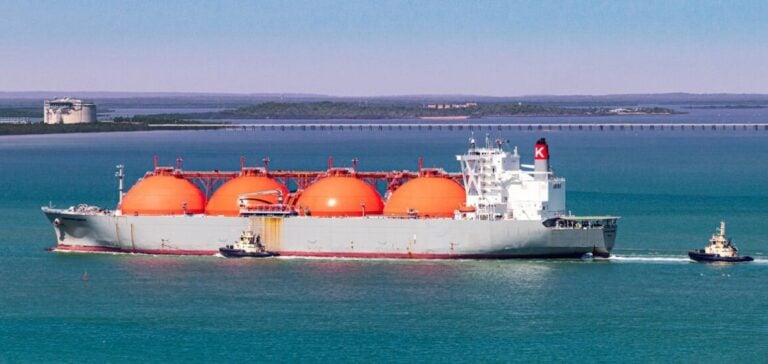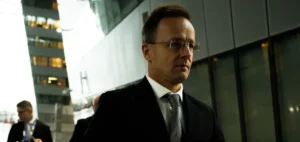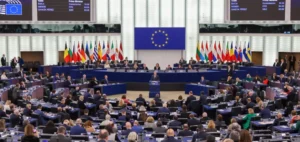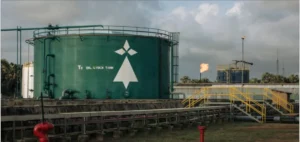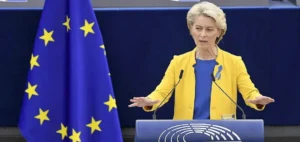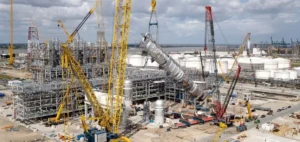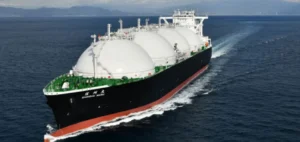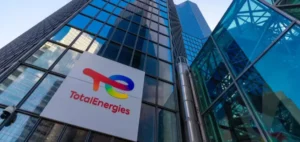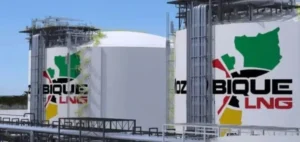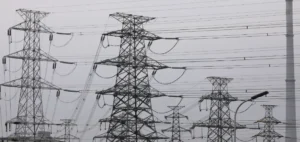The significant drop in LNG (liquefied natural gas) imports in North-Western Europe, including France, Belgium, the Netherlands, Germany and the UK, presents major challenges for the region. In April, imports totalled 5.21 million tonnes, down 27.6% on the previous year. This drop, although followed by a monthly increase of 7%, raises concerns about the future availability of liquefied natural gas in the region.
Impact on national markets
France maintains its position as the main destination market for LNG imports, accounting for 40% of total imports. The Netherlands and Belgium follow with 30% and 13% respectively. However, significant declines were seen in the UK and Belgium, with drops of 83% and 37% respectively. This trend raises questions about the stability and competitiveness of energy hubs in the region.
Supplier breakdown
The USA dominates the LNG import market in North-Western Europe, accounting for 57% of total imports, followed by Russia (17%) and Algeria (11%). However, despite the diversification of suppliers, the overall drop in imports highlights structural and cyclical challenges that could affect energy supplies in the long term.
Future prospects
Low levels of demand and high levels of gas inventories contributed to the drop in imports. In addition, increased competition from other regions of the world, notably Asia, Egypt and Latin America, has created tensions in the European market. As countries in the region seek to maintain their energy competitiveness, strategic adjustments are needed to ensure a stable and sustainable supply of natural gas.
The decline in LNG imports into North-Western Europe underlines the crucial importance of diversifying energy supplies and ensuring the resilience of regional gas infrastructures. Faced with the growing challenges of demand, global competition and geopolitical change, political decision-makers and market players need to work together to ensure long-term energy security.


